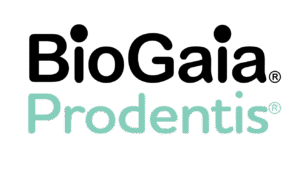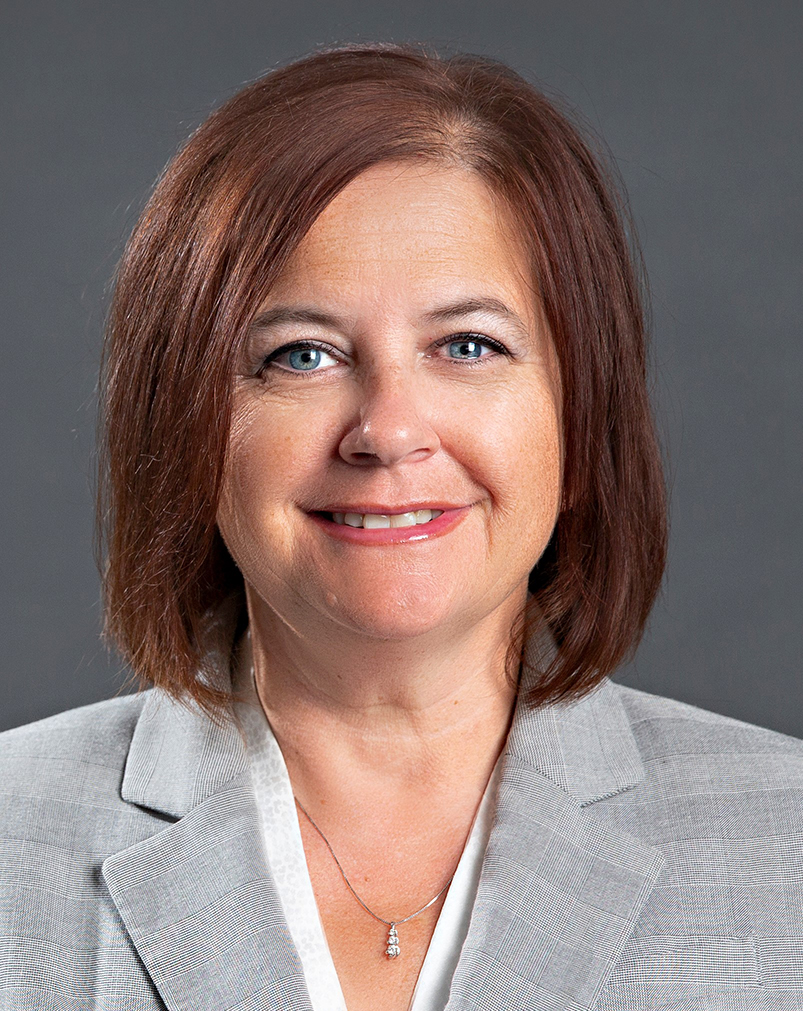
The Microbial Balancing Act: Connecting Periodontal and Caries Pathogenesis with the Oral Microbiome
November 20 @ 6:30 pm - 7:30 pm

Are you ready to elevate your clinical practice and patient outcomes with probiotics?
Although traditional methods of mechanical debridement for treating gingivitis and periodontal disease are considered the gold standard, there are limitations that we face as clinicians in helping our patients achieve their oral health goals. This course explores the shared and distinct microbial mechanisms behind periodontal disease and dental caries, emphasizing how dysbiosis drives both conditions. Participants will learn how probiotics, particularly Lactobacillus reuteri strains DSM 17938 and ATCC PTA 5289, may restore balance, improve clinical outcomes, and reduce systemic inflammation.
Join Kirsten Fisher BScDH. RDH on a journey of learning about the oral microbiome and how we can use host modulation therapies such as probiotics to enhance patient outcomes. Throughout the course, you will learn the key properties of a good probiotic and how to implement probiotics into your clinical practice. We will be covering two different strains of Limosilactobacillus reuteri (L. reuteri), among the world’s most extensively studied probiotic bacteria. We will also review the clinical evidence supporting the use of L. reuteri in the treatment and prevention of periodontal disease and caries.
Learning Objectives
By the end of this course, participants will be able to:
- Explain how microbial dysbiosis contributes to local and systemic inflammation.
- Be able to identify the difference between a prebiotic, probiotic and antibiotic
- Identify what key pathogens play a role in oral diseases and systemic diseases
- Identify the key properties behind a successful probiotic
- Identify strategies to support a balanced oral microbiome.
- Evaluate the evidence for probiotic use (L. reuteri DSM 17938 & ATCC PTA 5289) in prevention and management of oral diseases.
About the Speaker
Kirsten has been practicing dental hygiene for 14 years and has been immersed in the dental industry since the age of 15, where she worked at her local dental office helping with administrative tasks and sterilization. She has always had a love for science and teeth!
She graduated from the University of Alberta with her BSc. in Dental Hygiene with Distinction. Her extensive experience spans both clinical practice and professional education, where she is passionate about advancing oral health through innovative approaches.
In addition to her clinical work, Kirsten works for BioGaia in the role of Manager of Medical Marketing and Clinical Education, focusing on the role of probiotics in oral health. She is passionate about the oral microbiome and its connection not only to oral health but overall health.
She is also a member of the CDHA Professional Development Advisory Committee, where she contributes to discussions on continuing education, emerging dental research, and advancements in the field of dental hygiene. Additionally, she was a Swiss Dental Academy trainer for Guided Biofilm Therapy, helping dental professionals integrate cutting-edge biofilm management techniques into their practice.
With her expertise in preventive care and evidence-based practice, Kirsten is committed to educating fellow dental professionals on the latest techniques and research to enhance patient outcomes.
REGISTER HERE
Course Outline
1. Introduction: Microbes: Friend or Foe?
- Overview of microbes, not all microbes are bad
- The mouth as a microbial ecosystem
- Introduction to the oral microbiome concept
2. Symbiosis vs. Dysbiosis/ Pathogens and systemic disease
- Influence of saliva, diet, and host immunity
- Oral-systemic interplay
- Key bacteria: Aa, Pg, Td, Tf, Fn
- Biofilm formation and host response
- Inflammatory cascade and tissue destruction
- Systemic implications (cardiovascular, diabetes, pregnancy outcomes)
3. Probiotics – What makes a good probiotic?
- Key properties of a successful probiotic
- Host modulation therapies
- L. reuteri DSM 17938 & ATCC PTA 5289 origins and properties, as well as modes of action
4. Probiotics and periodontal disease
- Review of mechanisms of action
- Review of clinical evidence showing improvements in PPD, CAL, GI, PI, immune parameters and reduction in periodontal pathogens
5. The Pathogenesis of Dental Caries
- Caries as a disease of dysbiosis
- Factors influencing susceptibility
- Key properties of a successful probiotic against caries formation and progression
- Review of the literature on pH modulation and inhibition of caries causing bacteria
6. Clinical Implementation
- Protocols for recommending probiotics
- Patient communication tips
7. Summary & Q&A
- Key takeaways
- Discussion and Q & A
Sponsored by:



